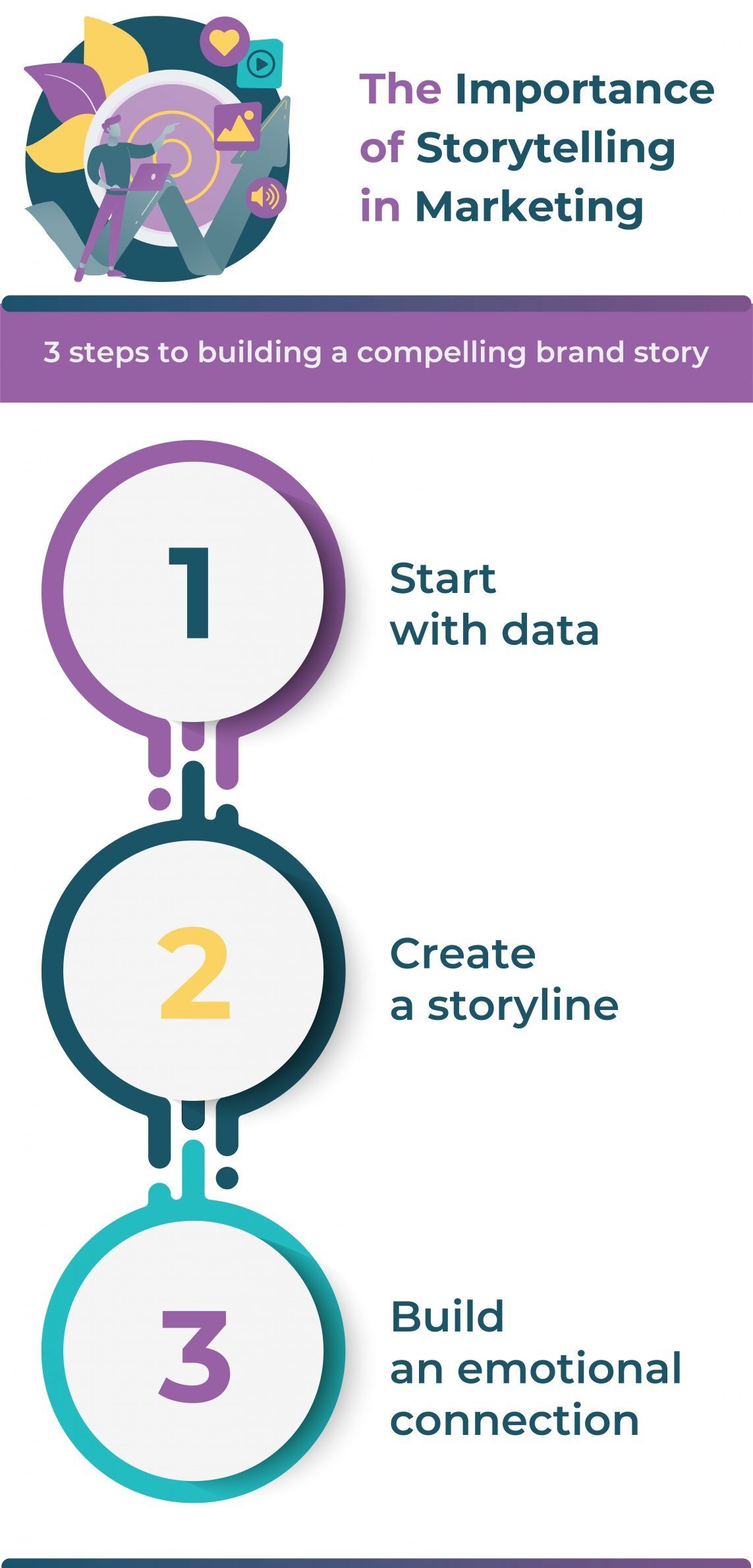Motivation is a powerful force that drives us to take action, achieve our goals, and make the most of our potential. In the realm of employment, it plays a crucial role in shaping our careers and determining our success. Whether you’re aiming for that dream job, striving for a promotion, or simply looking to maintain your enthusiasm in your current role, understanding the psychology of motivation can make all the difference.
In this blog post, we’ll explore the fascinating world of motivation and offer insights into what keeps us inspired to excel in our careers. We’ll delve into the psychological aspects of motivation, provide tips to overcome common obstacles, and guide you in achieving your professional goals.
The Nature of Motivation
Before we delve into the psychological aspects of motivation, let’s understand its nature. Motivation is a multifaceted concept that can be broadly categorized into two main types: intrinsic and extrinsic motivation.
Intrinsic Motivation
Intrinsic motivation is the drive that comes from within. It’s the desire to perform an activity for the sheer joy and satisfaction it brings. When you’re intrinsically motivated, you’re not seeking external rewards or recognition; you’re doing something because it aligns with your personal values and interests.
Examples of Intrinsic Motivation
Pursuing a hobby or passion
Solving a challenging problem for the sheer joy of solving it
Undertaking a creative project that you’re passionate about
Extrinsic Motivation
Extrinsic motivation, on the other hand, comes from external sources. It involves pursuing a task or goal for the rewards or recognition it offers. These rewards can be tangible (such as a salary increase or a promotion) or intangible (such as praise and recognition).
Examples of Extrinsic Motivation
Working to earn a salary
Studying to get good grades
Exercising to lose weight or improve physical appearance
Understanding whether your motivation is intrinsic or extrinsic can be a crucial step in staying inspired in your career. While extrinsic motivation can be effective in the short term, relying solely on it can lead to burnout and decreased satisfaction. Therefore, it’s essential to cultivate intrinsic motivation to maintain a sustained and fulfilling career.
The Psychology of Motivation
Motivation is deeply rooted in psychology, and various psychological theories help explain the driving forces behind our actions. Let’s explore some of the key psychological theories that shed light on the mechanics of motivation:
Maslow’s Hierarchy of Needs
Abraham Maslow’s Hierarchy of Needs is a well-known theory that ranks human needs in a pyramid, with the most fundamental needs at the base and higher-level needs at the top. The theory suggests that individuals are motivated to fulfill their basic physiological and safety needs before progressing to higher-order needs such as belongingness, esteem, and self-actualization.
Understanding Maslow’s Hierarchy of Needs can help you identify which specific needs drive your motivation. For example, if you’re struggling with motivation at work, it might be because your basic needs for job security and financial stability are not being met. Addressing these foundational needs can significantly impact your motivation and job satisfaction.
Self-Determination Theory
Self-Determination Theory (SDT) focuses on the role of autonomy, competence, and relatedness in human motivation. It suggests that people are more motivated when they feel a sense of autonomy, are competent in what they do, and have positive social connections.
Applying SDT to your career, you can enhance your motivation by seeking jobs or projects that allow you a degree of autonomy, align with your skills and interests, and provide opportunities for collaboration and social connections with colleagues.
Overcoming Obstacles to Motivation
Motivation isn’t always constant; it can ebb and flow. Recognizing common obstacles to motivation and knowing how to overcome them is essential to staying inspired in your career. Here are some typical challenges people face and strategies to tackle them:
Procrastination
Procrastination is the enemy of motivation. It’s easy to put off tasks, especially when they seem overwhelming or uninteresting. To overcome procrastination, break your tasks into smaller, manageable steps and set clear, achievable goals. Additionally, use time management techniques like the Pomodoro Technique to stay focused and productive.
Lack of Direction
Feeling lost or directionless in your career can lead to a lack of motivation. To combat this, set clear and meaningful goals for your career. Define your purpose and vision, and create a roadmap to guide your professional journey. Having a sense of direction can rekindle your motivation and drive.
Burnout
Excessive work stress and burnout can drain your motivation and enthusiasm. Preventing burnout requires maintaining a healthy work-life balance, setting boundaries, and practicing self-care. Take regular breaks, disconnect from work when needed, and seek support from colleagues and professionals if necessary.
Strategies for Maintaining Motivation
Now that we’ve explored the psychology of motivation and ways to overcome common obstacles, let’s delve into strategies for maintaining motivation in your career. These actionable tips can help you stay inspired and achieve your professional goals.
- Set SMART Goals
SMART goals are Specific, Measurable, Achievable, Relevant, and Time-bound. By setting clear and well-defined goals, you create a roadmap for your career, making it easier to track your progress and stay motivated. Whether it’s landing a new job, completing a project, or reaching a career milestone, SMART goals provide direction and purpose. - Find Intrinsic Motivators
While external rewards are essential, it’s equally important to find intrinsic motivators in your work. Identify aspects of your job that genuinely interest and fulfill you. Whether it’s problem-solving, creativity, leadership, or helping others, align your tasks with your passions to fuel intrinsic motivation. - Seek Feedback and Recognition
Feedback and recognition can boost motivation significantly. They provide validation and a sense of accomplishment. Don’t be afraid to seek feedback from your superiors, peers, or mentors. Constructive feedback helps you grow, while recognition can reinforce your efforts and keep you engaged in your work. - Embrace Learning and Development
Continuous learning and skill development can be powerful motivators. Invest in your professional growth by attending training, workshops, and courses relevant to your field. Acquiring new skills not only enhances your expertise but also keeps your enthusiasm alive. - Cultivate a Supportive Network
Having a supportive network of colleagues, mentors, and friends can provide motivation and guidance during challenging times. Seek out mentors who can share their experiences and insights, and connect with peers who share your professional interests. A strong support system can help you overcome setbacks and stay motivated.
Conclusion
Motivation is the driving force behind your career success. By understanding the psychology of motivation, recognizing common obstacles, and implementing effective strategies, you can stay inspired and achieve your professional goals. Whether you’re seeking that dream job, aiming for a promotion, or simply looking to maintain your enthusiasm, motivation is the key to unlocking your full potential in the world of employment. Remember, it’s not just about working harder; it’s about working smarter and staying motivated along the way.




